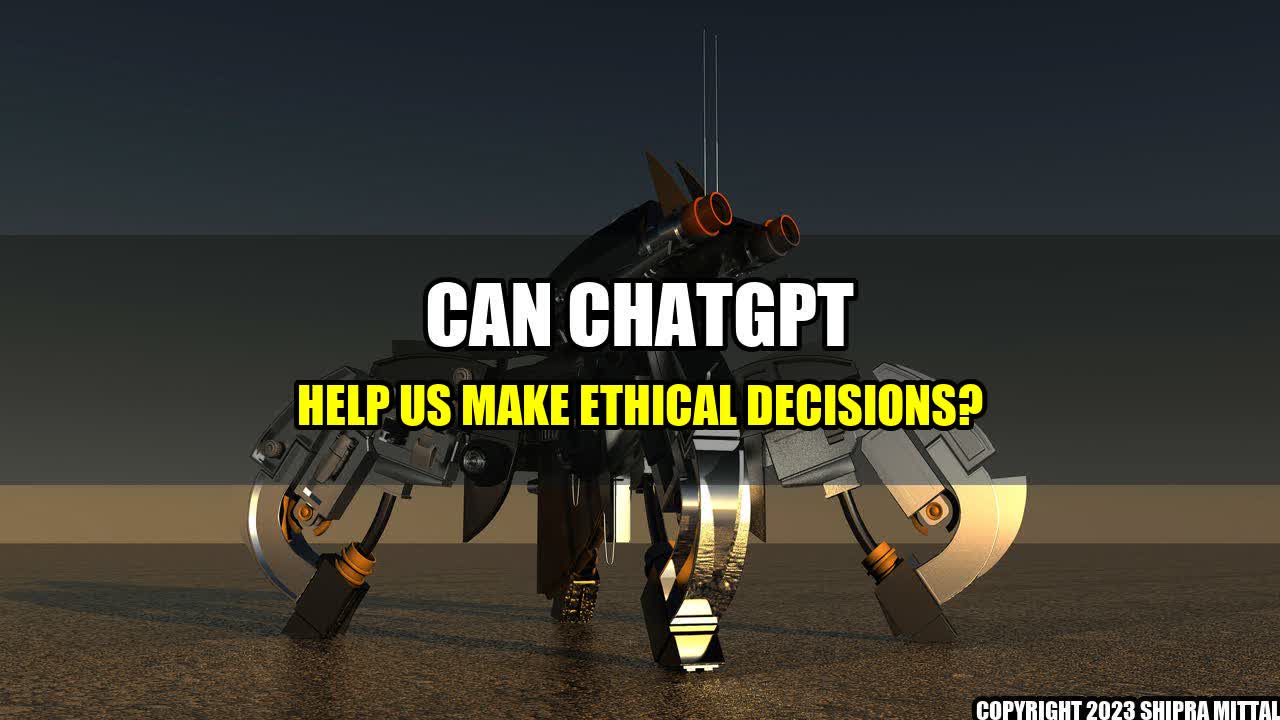Imagine you're a surgeon faced with a dilemma. You have two patients and only one available operating room. One patient has a life-threatening condition that requires immediate attention, while the other has a less severe ailment but has been waiting for medical care for months. Who should you prioritize?
Deciding on ethical issues can be challenging, especially when there are no clear-cut answers. However, with the rise of AI chatbots like ChatGPT, we may be able to make complex ethical decisions in a more rational and informed way.
Take, for example, the company Brighter AI, which uses AI algorithms to anonymize footage from surveillance cameras to protect people's privacy. The company's founder, Dr. Ilya Eckstein, says that AI technologies like ChatGPT can help us "explore ethical considerations and make more balanced decisions."
Other companies like Ethical OS and OpenAI are also working on developing ethical AI systems. Ethical OS offers an assessment tool that helps companies identify and address ethical risks associated with their AI technologies. OpenAI, on the other hand, is focused on creating safe and beneficial AI.
By using AI chatbots like ChatGPT to tackle ethical issues, we can not only make more impartial decisions but also save time and resources. However, we should also be aware of the limitations and potential biases of such technologies. As Dr. Eckstein says, "AI is only as unbiased as the data it's trained on."

Akash Mittal Tech Article
Share on Twitter Share on LinkedIn